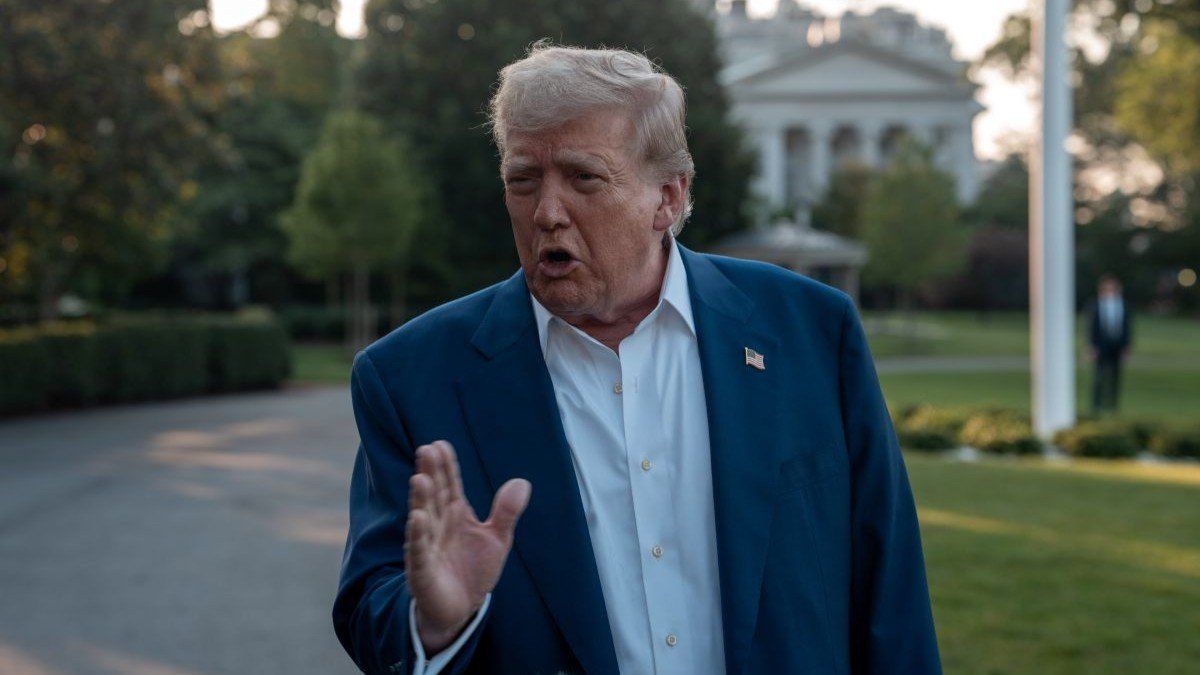The Iran-Israel ceasefire that US President Donald Trump announced yesterday evening is hanging by a thread this morning. The Israelis accused the Islamic Republic of firing missiles at them after the ceasefire deadline, and Israel responded, striking a radar system near Tehran. Trump is big mad – four-letter-word mad, even.
Can Trump keep the peace? The US president spoke with Israeli Prime Minister Benjamin Netanyahu on Tuesday morning, urging him not to strike further at Iran. Israel’s initial riposte was limited, suggesting Netanyahu is OK with the truce for now, even if he might still like to weaken the Iranian regime further. Iran, for its part, seems to have little interest in continuing to fight – its missile arsenal is depleted, its launchers destroyed, and senior military leadership have been assassinated.
But tensions between all sides remain high. Tuesday morning’s flare-ups suggest Trump still has his work cut out if he wants to maintain a longer-term truce.
